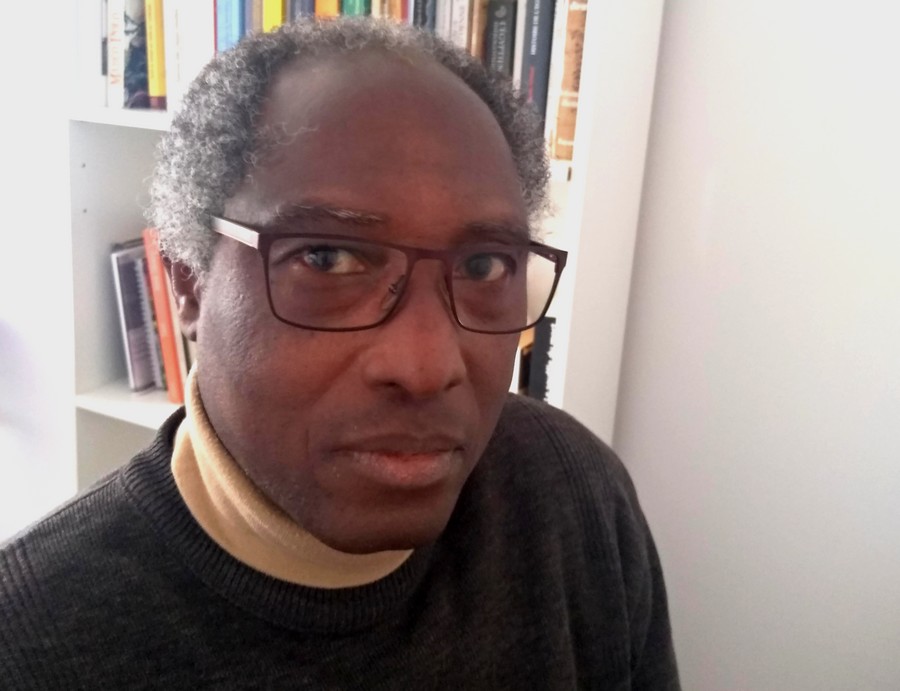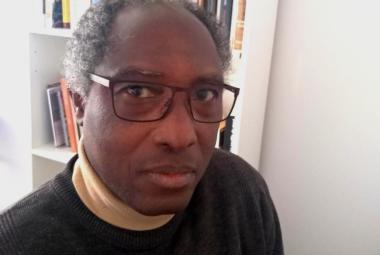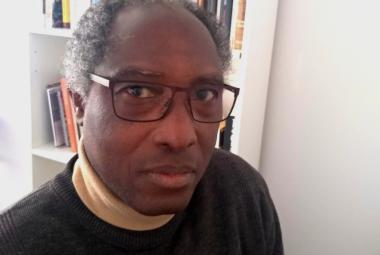A coup d'Etat is a coup d'Etat. Whatever the justification one gives to strive to have it accepted in national and international public opinion. Is it still necessary to recall it, the military is not intended to manage political power. By denouncing the coup d'Etat perpetrated in Niger, as said on August 20, 2023 in the program “From you to Us” on Radio Peace FM, Professor Théodore Holo, former president of the Constitutional Court and former minister of Benin Republic: "the military are not trained to lead a Republic. They are trained to defend and guarantee the integrity of the territory (...) the military has no legitimacy to act as arbiters..., when a soldier believes that he has ideas that can advance his country, he resigns from the army, creates his own political party or he is a candidate in a presidential election".
That said, all coups d'Etat, even if they follow one another in recent times in Africa, are not at all similar, no matter how much we try to link them to each other as having the same sources. By their justifications or the motivations of the men who carry them out, the coups in Mali and Guinea have nothing to do with those in Burkina Faso and Niger. They are different from each other, if you look at it very closely. It is an undeniable fact. In the typology of coups that we have been witnessing for some time, not all of them shine by their singularity either. In this, the coup that overthrew President Ali Bongo of Gabon on August 30 is an exception. And that's the least we can say. As proof: only Gabonese flags were waved and not Russian flags by the visibly jubilant demonstrators. Without anti-French slogans.
For once, what is exceptional in this coup d'Etat is that the authors clearly underlined in their declaration that the process of organizing these elections did not meet "the conditions of a transparent ballot, credible and inclusive”. And they invoked “truncated results”. How can we oppose them with tangible facts when we know that the presidential election in Gabon had been locked upstream and downstream in its process, and even closed to observers and the international media during the election itself? Including Africans! The borders were closed. Internet cut and curfew in support before the official proclamation of the results.
"Democratic coup d’Etat", as some wanted to baptize it in euphoria, certainly not. No coup d'Etat can be "democratic" even if it is perpetrated to defend Democracy. “Popular coup d’Etat”, undoubtedly yes in the eyes of the populations and for an immense majority in relation to the national socio-political situation of the country. Because, apart from the Governance of the Bongos, most Gabonese people have always questioned the very capacity to still govern of President Ali Bongo after his unfortunate stroke which had literally diminished him. But despite this, he will have managed to cling well to Power for a few more years.
What African Armies have often been criticized for is precisely that they most often support Dictators or crooked Politicians and especially Heads of State skilled in fiddling and orchestrating electoral hold-ups to commit their crimes. Whether actively or passively.
The military putsch in Gabon led by General Brice Oligui Nguema took place the very day after the announced re-election of President Ali Bongo with 64.27% of the votes cast and 30% for the Opposition grouped behind its standard-bearer, in occurrence Albert Ondo Ossa. All this, against the backdrop of a deleterious socio-political climate and contestation of the results of the Gabonese Election Center (CGE) by the Opposition. Which election of August 26, 2023 left many doubts about Transparency. Albert Ondo Ossa claiming, rightly or wrongly, to have won the presidential election.
The putschists of Gabon must be taken at their word as to the reasons for which they decided to put an end to the electoral process and at the same time to the regime of President Ali Bongo. Unfortunately, when soldiers come to make a coup in Africa, they often quickly forget that their place is rather in barracks and not in presidential palaces. And God knows if the paneling of Power quickly turns the head of all those who have not fixed it well on their shoulders. With the key, this manifest will to always want to remain in Power to the detriment of its initial ambitions and beyond what the populations themselves expect of them. In their press release read on public television, the authors of this putsch indicated the establishment of a Transition and Institutional Restoration Committee (CTRI). Which augurs a political transition. But for how long ? Therein lies the main question.
In any case, the coup d'Etat in Gabon is a historical precedent, at the very least, which will mark with an indelible imprint the way in which African heads of state will henceforth approach the electoral deadlines. Even if it means rowing against a certain tradition in the Armies, why would Africa not dare an innovation by making the Armies stakeholders to also be the guarantor of the Transparency of the elections. Not as they were for a long time as puppets of the princes who govern but as a neutral actor in the electoral process. Why not if it can help to get out of rigged election schemes in advance?
If we start from the principle according to which "bad luck is good for something", it is to be strongly hoped that, in the absence of strong democratic institutions at the moment in African countries, the Armies will have a new added vocation or added value to their sovereign functions of defending the integrity of the national territory. Namely a vocation of defense of the Transparency of the electoral processes. Better still, given the great inability of sub-regional organizations and the African Union (AU) to be respected by Heads of state who, in turn, respect neither their Constitution nor democratic principles, it would not be not incongruous to make Armies the guarantors of electoral Transparency.
Only here it is: this new vocation must be clearly constitutionalized so that the Armies are closely associated more than they are currently with the monitoring of the electoral process and the Transparency of the ballot itself. From the preparation of the electoral files to the proclamation of the official results, that they are stakeholders in the process in order to guarantee, not alone - but with the other institutions of the Republic involved in the electoral process -, regularity and reliability. May the one who is elected at the ballot box truly be the one who becomes the President of the Republic. And not the one who will have succeeded in the feat of corrupting all layers of society, including the leaders of the Army itself who, after having been accomplices, returns to play the ardent defenders of the interests of the people or of the Democracy. Quite simply because it holds the weapons that belong to all the citizens of each country and that the latter have made available to them for the purpose of defending and guaranteeing the integrity and security of their territory.
By Marcus Boni Teiga

















